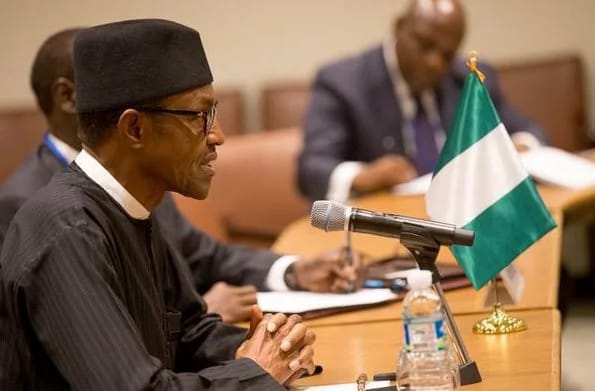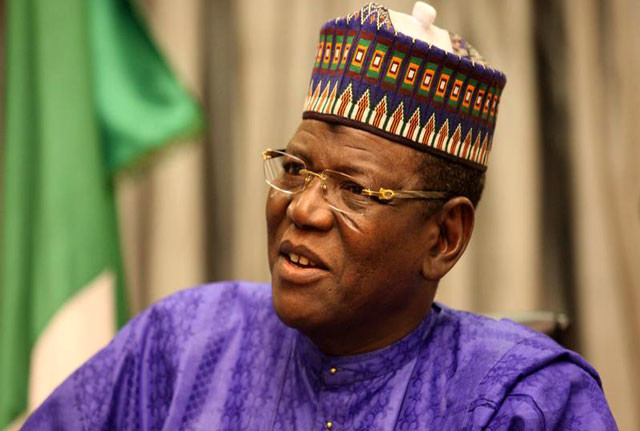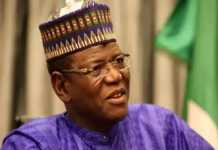
President Muhammadu Buhari on Tuesday night reiterated his administration’s commitment to increasing the productivity of Nigeria’s agriculture and solid minerals sectors to save the nation from the harsh effects of falling crude oil prices.
Speaking at a meeting with leading members of the Council of Saudi Arabia’s Chambers of Commerce and Industry, President Buhari said that with revenues from Nigeria’s economic mainstay – crude oil – declining, hopes of economic resurgence now lie in the rapid development of the country’s immense agricultural and solid mineral resources.
While beckoning on Saudi Arabian businessmen to take advantage of renewed government interest in agriculture and solid minerals, the president assured that his administration will welcome greater foreign investment in support of its efforts to rapidly diversify the Nigerian economy.
Buhari, in a statement by his Special Adviser on Media and Publicity, Femi Adesina, said that Nigeria had regrettably depended too much on crude oil exports to the neglect of other resources and was now reaping the negative consequences of failing to diversify its economy early enough.
He said: “With the downturn in the global prices of oil, we now have to prospect our solid minerals. We have to return to agriculture. Mining and agriculture are our hopes now.
“We will welcome investments in these areas. We will appreciate an in-flow of more resources and expertise to help us achieve our objective of economic diversification”.
The governors of Osun, Ogun, Katsina, Borno, and Zamfara states, who were part of the president’s delegation, took turns to address the Saudi Arabian businessmen on investment possibilities in their states, assuring them of good returns.
The Chairman of the Council of the Saudi Arabian Chambers of Commerce and Industry, Dr Abdulrahman Al Zamil, said that agriculture was a very important area of investment for its members, adding that they were already in Brazil, the United States of America and Sudan, “where we have huge farms”.
Declaring that they were willing to invest in Nigeria Dr. Al Zamil pointed out that the Saudis were the leading investors in Egypt, Morocco, Tunisia, Kenya and Ethiopia.




